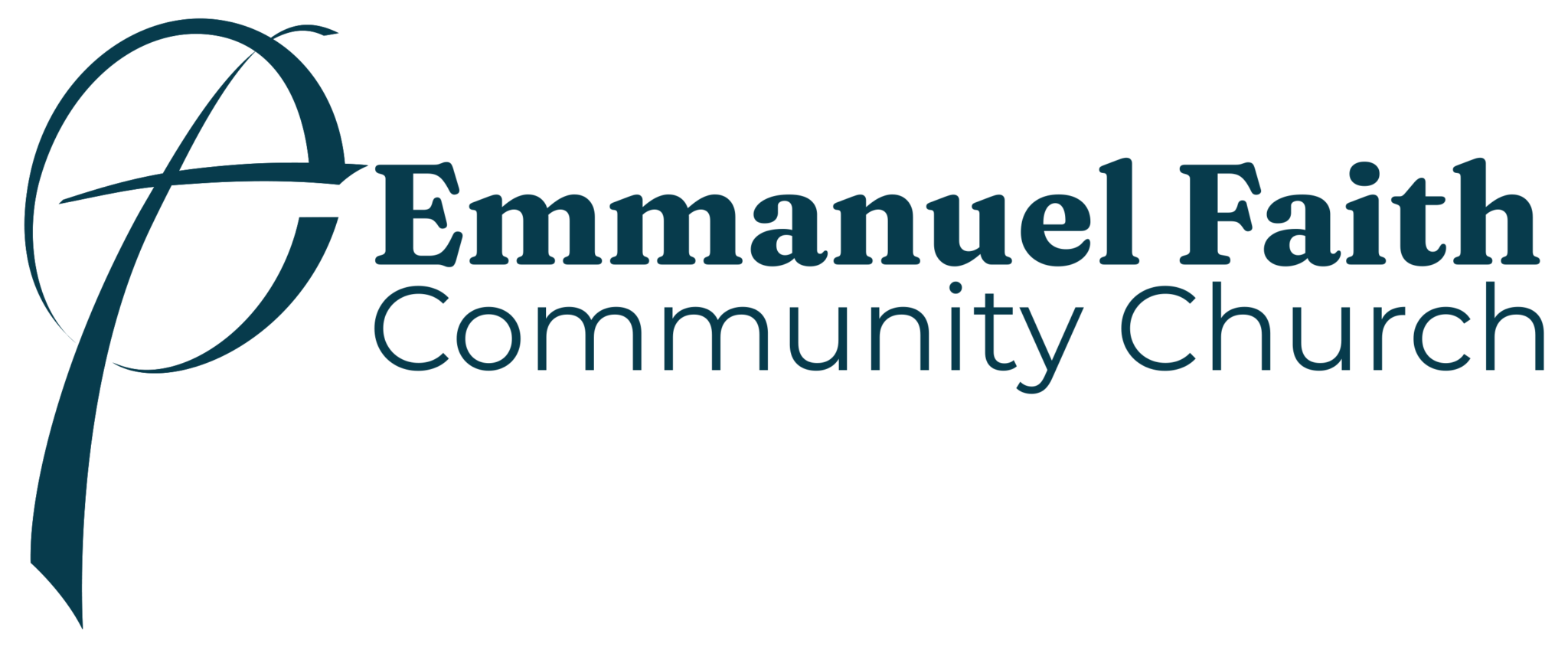Maybe like me you think of prophets in terms of the Old Testament prophets and prophecy as important in relation to supporting and proving the New Testament was true. I dug a little deeper in Acts 2, specifically vs. 17-18 where Peter addresses the crowd on Pentecost by using the word of the prophet Joel:
In the last days, God says, I will pour out my Spirit on all people. Your sons and daughters will prophesy, your young men will see visions, your old men will dream dreams. Even on my servants, both men and women, I will pour out my Spirit in those days, and they will prophesy.
Peter’s sermon does more than name the notion of prophecy. It also demonstrates it. We learn what prophecy is by watching him do it. The word prophet could also be a proclaimer, truth teller, preacher and teacher. We have some examples of great prophets in the old testament, who were not necessarily what we might call “normal.”
The prophet Jeremiah showed a clay pot to a crowd of Judeans and told them it represented Judah. Then he smashed it to smithereens and told them that this was a mild version of what God had in mind to do to them (Jeremiah 19). He was right.
In a dream, the prophet Ezekiel ate a copy of the Bible, thumb index and all, to show how sweet as honey was the word of God (Ezekiel 3:1-3)
In Acts, Peter does not speak of prophecy as predicting the future. Instead, prophecy is truth-telling. It is naming the places and ways where God intervenes or initiates in the world. It is a component of proclaiming the word of God and identifying God’s salvation at work.
The gifts of the Holy Spirit were poured out on “all people,” with no age, sex, or position discrimination and the last days spoken of are now, but they began then.
From Peter’s reference to Joel, we see that prophecy speaks to the present time. He is answering a very pressing question: “What does this mean? What’s happening now?” The Holy Spirit is just as powerful today as he was on the day of Pentecost. He has not changed but here are some questions we could ponder.
Are we Christians today as united in purpose, in awe of God’s holiness and power, as committed to spreading the gospel at all costs? Do we give each other and our church leadership sufficient grace so no one is burdened with “keeping everyone happy” while trying to do the work God has called them to? What if the nay-sayers, doubters, grumblers and rumor spreaders were replaced with truth tellers whose only goal and purpose was in proclaiming the Good News of Jesus? What would a church full of prophets look like?
Deb Hill
Executive Assistant

